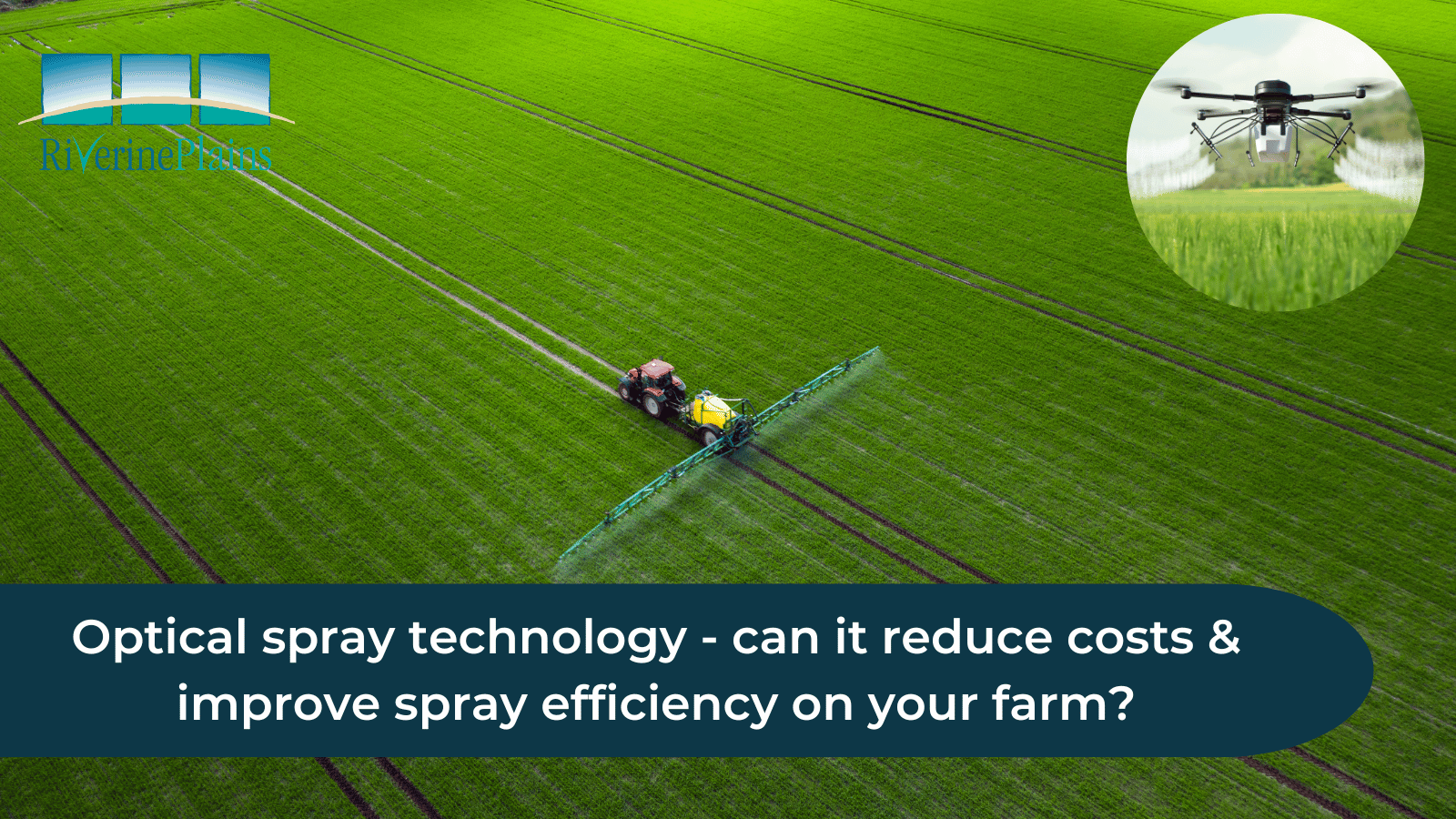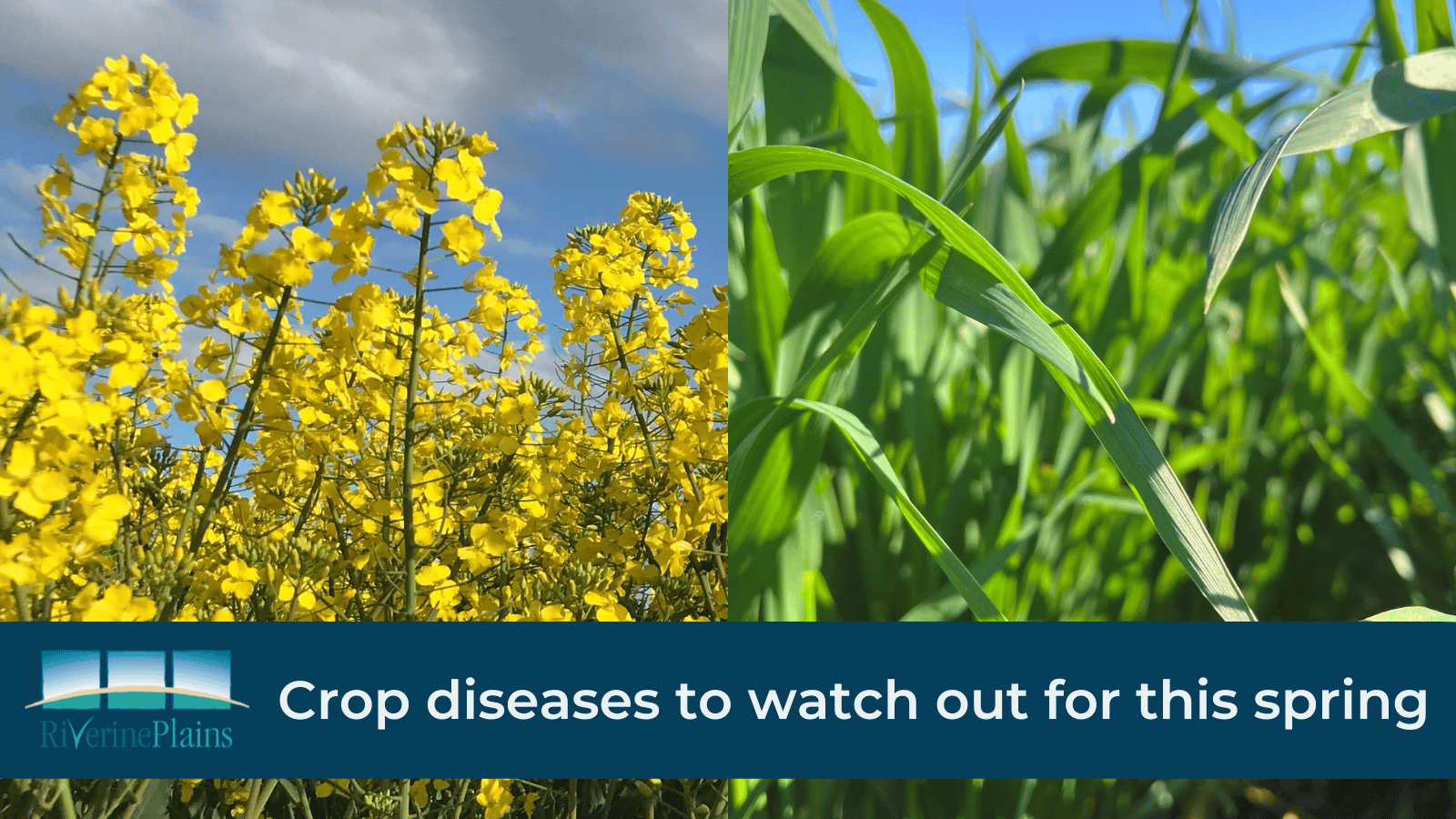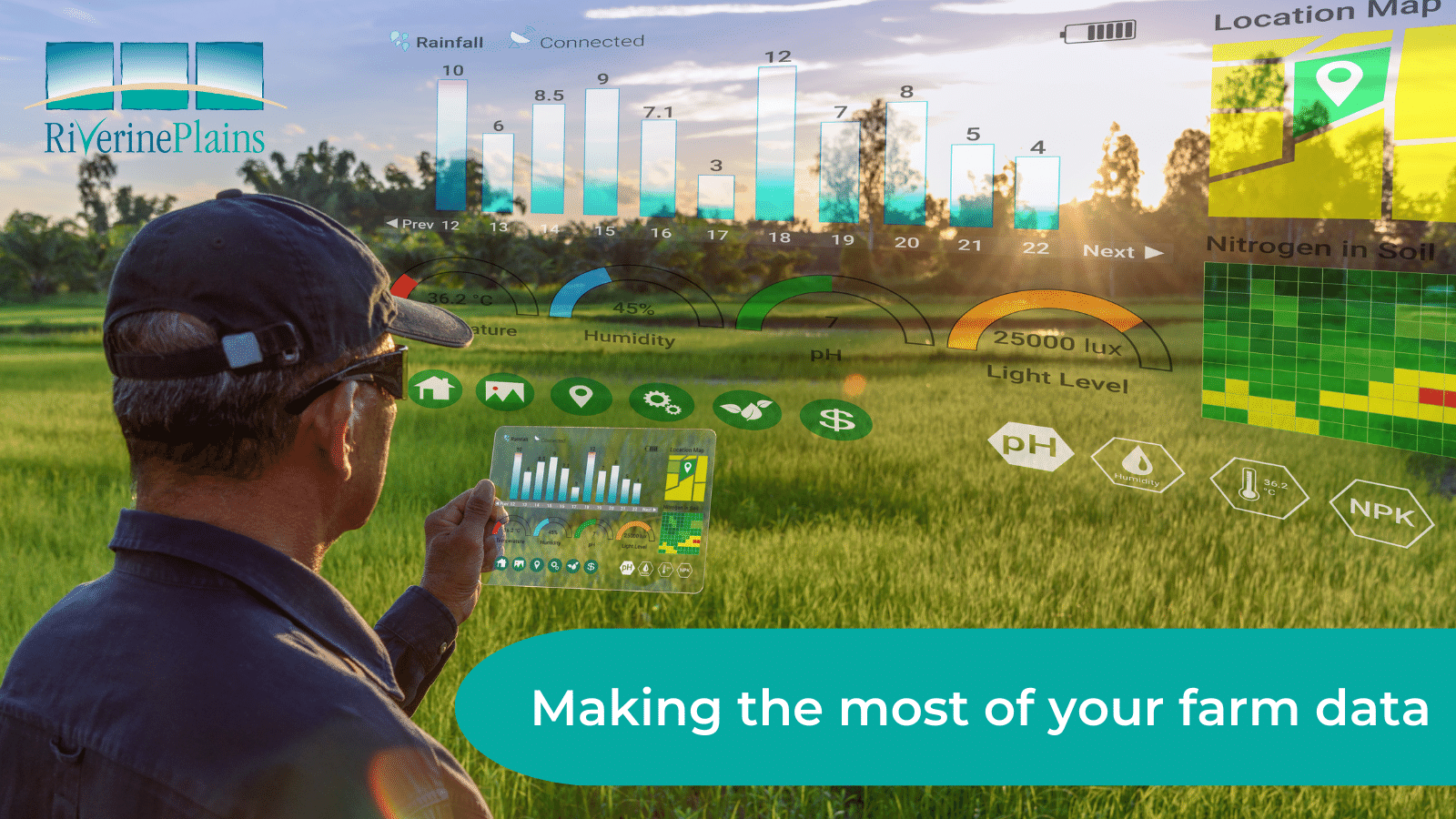Optical spray technology: Can it reduce costs & improve spray efficiency?
Key messages
- optical spray technology can offer dramatic savings in chemical, diesel and labour use
- green-on-brown (fallow) and green-on-green (in-crop) technologies are proving themselves with Australian farmers and can have a fit for all cropping operations
- low-cost options are available, with drones also having the capability to map and spray weeds across large areas





